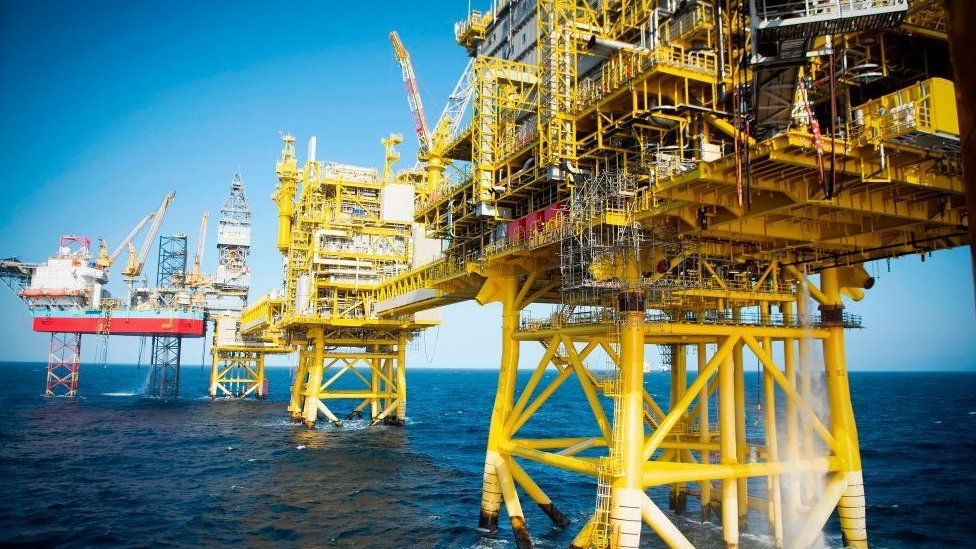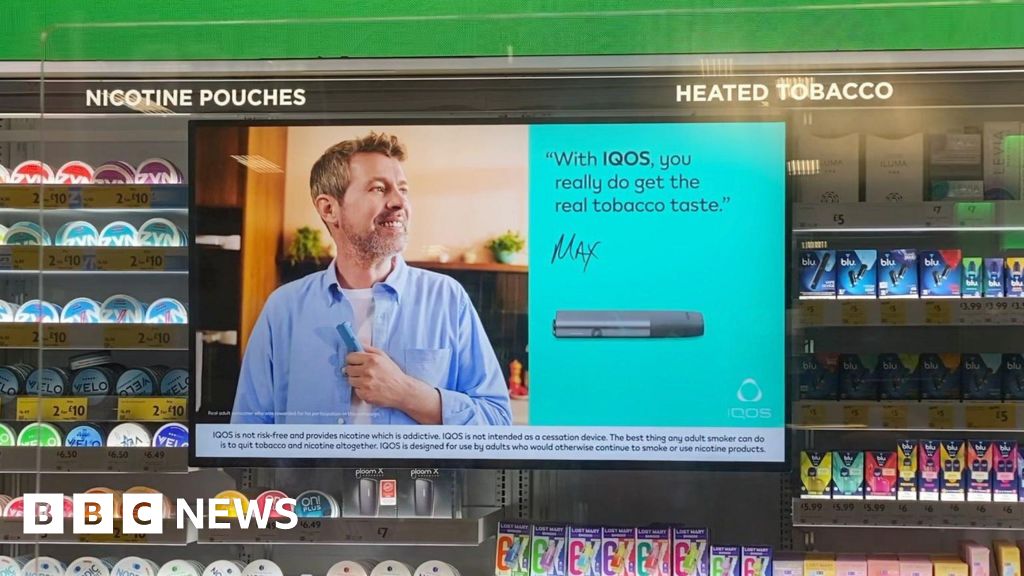ARTICLE AD BOX
 Image source, Getty Images
Image source, Getty Images
By Michael Race
Business reporter, BBC News
Around 100 new oil and gas licences for the North Sea are up for grabs, with the first of the new permits set to be awarded in the autumn.
Prime Minister Rishi Sunak says the licences are part of the UK's plans to bolster its energy security and make the UK less reliant on other countries for supplies.
But critics argue that extracting oil and gas is not the right approach for the environment.
What is an oil and gas licence?
In very simple terms, an oil and gas licence is permit for a company to explore and potentially extract oil and gas from a defined area of land either onshore or offshore.
There are two types of licence:
- Exploration - this licence allows the holder to explore a specific area for fossil fuels but not produce them. Exploration licences are issued less often and are usually wanted by companies that wish to conduct seismic surveys and then sell information onto other firms.
- Production - this type of licence enables a company to explore for and then drill to extract oil and gas. It is subject to further permits and companies holding these licences have to apply for consents and approvals along the way.
In the current round, all of the 100 available are for production licences.
That might sound like lots of oil and gas drilling happening. But the North Sea Transition Authority (NSTA) which is responsible for issuing the licences, says that the majority of production permits issued "do not end up with production actually taking place".
Oil and gas analyst Nathan Piper says to be awarded a licence, companies bid against each other.
But this is not about companies throwing cash around. Companies who are bidding have to commit to carrying out a certain amount of work on a site for a certain amount of time, which can typically be between two or three years.
During this period, firms will explore the area for oil or gas and carry out scientific tests, before deciding whether it is worth investing millions of pounds. They will then apply for a new licence to drill and potentially create oil wells to produce fuel.
How many licences have been issued in recent years?
First, a brief bit of history. After being discovered in the 1960s, oil and gas exploration in the North Sea kicked off in the 1970s, around the time of the Iranian oil crisis.
There have been 33 licensing rounds since, with the latest beginning in October 2022.
There is no set time for when licensing rounds occur - it can depend on various factors such as current permits ending or new scientific information.
In the 32nd licencing round in 2020, 113 permits were awarded while so far in the latest round, 115 applications have been made. The NSTA is now considering those bids and will hand out licences to the winners in the autumn.
Is North Sea oil and gas extraction going up or down?
North Sea oil and gas production has been declining steadily since it peaked in the late 1990s.
The government is now offering 100 or so new licences in a bid to curb that trend, arguing it will "secure" the UK's domestic energy supply.
If new wells are opened, domestic production could be boosted, but it is a "risky" business, according to Mr Piper, especially given the North Sea has already been extensively explored.
"The interesting thing is how many exploration wells will be committed on the back of this exploration round," says Mr Piper.
In recent years, oil and gas firms have been taxed heavily on their UK profits and there has been concerns in the industry that this might put off companies from investing in areas such as the exploration of new oil and gas wells.
The current windfall tax - used by the government to target firms benefiting from high energy prices fuelled by the war in Ukraine - is 75% compared to 40% previously.
The government announced last month that the higher tax could be scrapped if energy prices fall back to normal levels for a sustained period.
But no final decision has been made yet.
What does this mean for the UK's Net Zero targets?
Mr Sunak has said "even when we've reached net zero in 2050, a quarter of our energy needs will come from oil and gas".
He argues he would rather have this come from "supplies we have here at home", rather than "hostile states".
But environmental campaigners have called the decision "wrongheaded".
Oxfam's climate change policy advisor Lyndsay Walsh says extracting more fossil fuels from the North Sea sends a "wrecking ball" through the UK's climate commitments.
Friends of the Earth says Rishi Sunak's decision is "pouring more fuel on the flames" of the unprecedented wildfires and heatwaves across the globe.

 1 year ago
64
1 year ago
64








 English (US) ·
English (US) ·